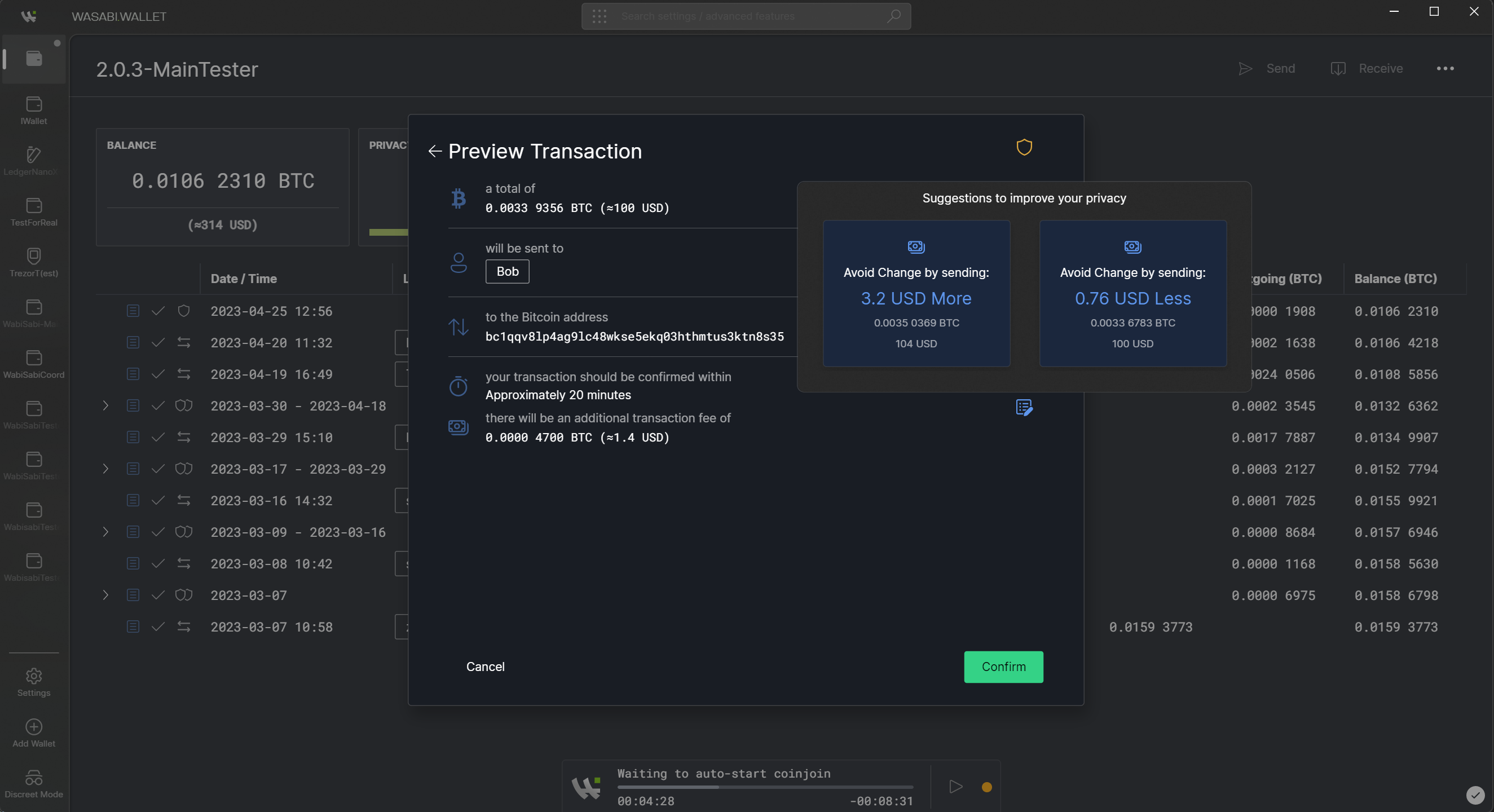Anonymous bitcoin wallet
An anonymous Bitcoin wallet refers to a wallet that allows users to maintain a certain level of privacy and pseudonymity when transacting with Bitcoin. While Bitcoin transactions are inherently pseudonymous (meaning that transactions are recorded on a public ledger called the blockchain, but the real-world identities of users are not directly tied to their Bitcoin addresses), there are certain measures you can take to enhance your privacy when using a Bitcoin wallet.
Partnerek:
One option is to use a wallet that focuses on privacy features such as:
Non-custodial wallets: Choose a wallet where you control the private keys, as this gives you full control over your funds and reduces reliance on third parties.
Hierarchical Deterministic (HD) wallets: HD wallets generate a new Bitcoin address for each transaction, making it more difficult to link different transactions to the same wallet.
CoinJoin: CoinJoin is a technique that combines multiple Bitcoin transactions into one, obscuring the origin and destination of funds. Some wallets offer built-in CoinJoin functionality or integration with external CoinJoin services.
Tor or VPN: Using Tor (The Onion Router) or a VPN (Virtual Private Network) can help obfuscate your IP address, making it harder to trace your Bitcoin transactions back to your physical location.
Wallets with strong encryption: Look for wallets that employ robust encryption to protect your private keys and transaction data.
Multiple wallet addresses: Instead of using a single Bitcoin address, some wallets allow you to generate and manage multiple addresses. This can help in separating and compartmentalizing your transactions, adding an extra layer of privacy.
Privacy-focused cryptocurrencies: Consider using privacy-focused cryptocurrencies like Monero or Zcash. These cryptocurrencies employ advanced cryptographic techniques to enhance privacy and anonymity.
Mixing services: Mixing services, also known as tumblers or mixers, can be used to further obfuscate the source of your Bitcoin funds. These services mix your coins with other users' coins, making it more difficult to trace the transaction history.
Disposable wallets: Some wallets offer the option to create disposable or temporary addresses. These addresses can be used for one-time transactions and then discarded, reducing the likelihood of linkability between transactions.
Open-source wallets: Open-source wallets allow for greater transparency, as the code can be audited by the community. Choosing a reputable open-source wallet can provide assurance regarding the wallet's privacy features and security practices.
Offline or hardware wallets: Consider using offline wallets or hardware wallets that store your private keys offline. This reduces the risk of your wallet being compromised through online attacks or malware.
Remember that achieving complete anonymity with Bitcoin transactions can be challenging, as the underlying blockchain technology is designed for transparency and accountability. It's important to carefully assess your specific privacy needs and the trade-offs involved.
Additionally, always stay updated on the latest security practices, be cautious of phishing attempts or scams, and consider consulting with privacy-focused communities or experts to learn more about preserving anonymity while using Bitcoin.
A bejegyzés trackback címe:
Kommentek:
A hozzászólások a vonatkozó jogszabályok értelmében felhasználói tartalomnak minősülnek, értük a szolgáltatás technikai üzemeltetője semmilyen felelősséget nem vállal, azokat nem ellenőrzi. Kifogás esetén forduljon a blog szerkesztőjéhez. Részletek a Felhasználási feltételekben és az adatvédelmi tájékoztatóban.



